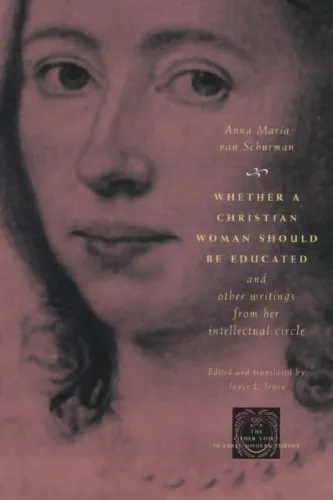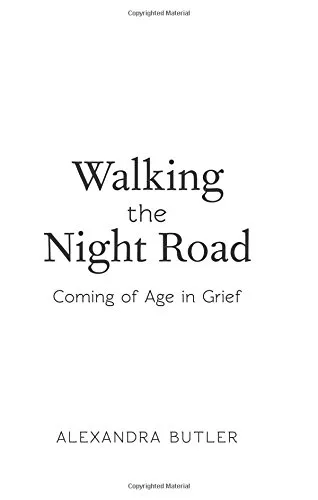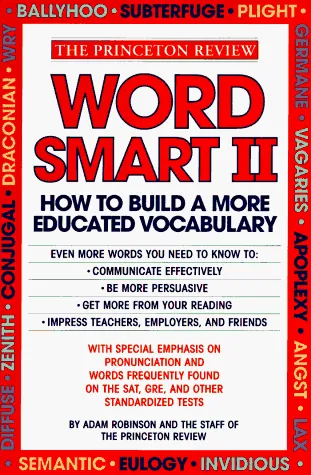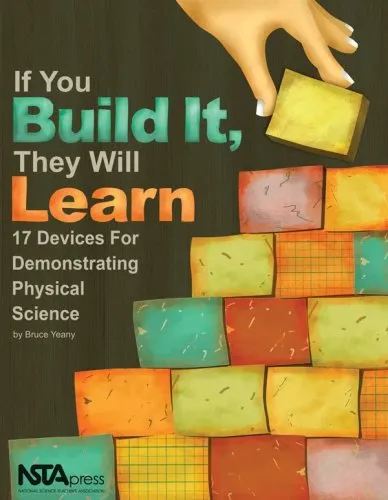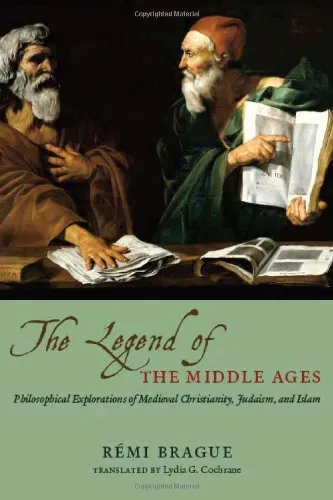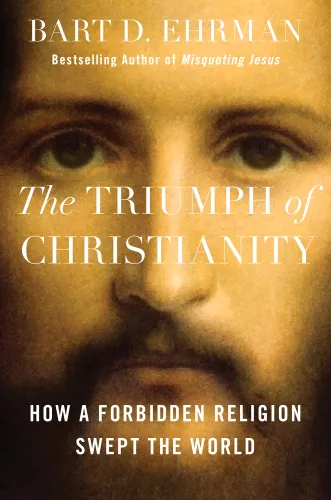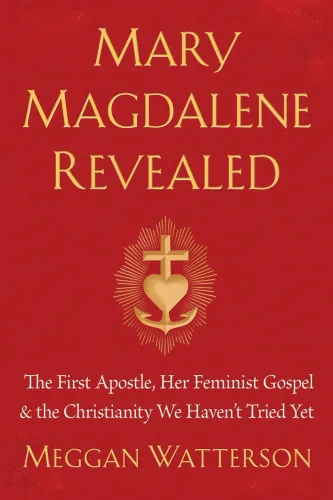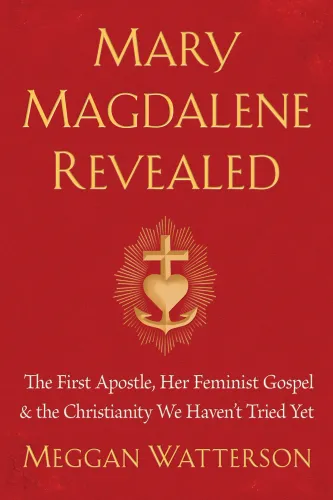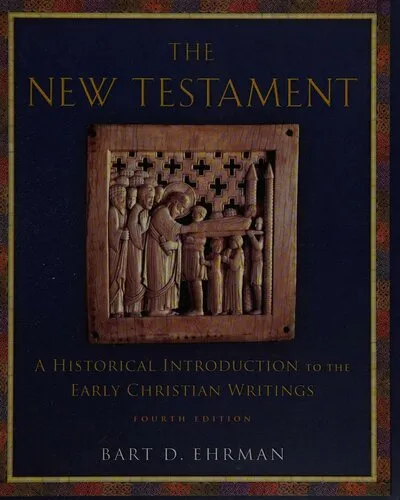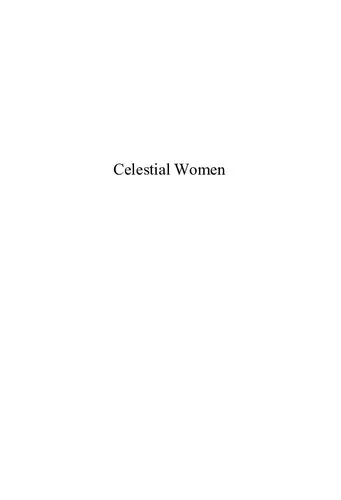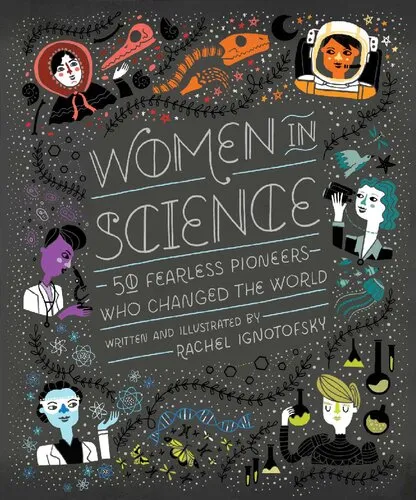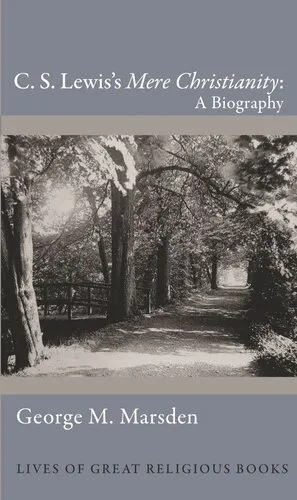Whether a Christian Woman Should Be Educated and Other Writings from Her Intellectual Circle (The Other Voice in Early Modern Europe)
4.0
Reviews from our users

You Can Ask your questions from this book's AI after Login
Each download or ask from book AI costs 2 points. To earn more free points, please visit the Points Guide Page and complete some valuable actions.Related Refrences:
Anna Maria van Schurman's book, "Whether a Christian Woman Should Be Educated and Other Writings from Her Intellectual Circle" redefines the paradigm of women's education in the Early Modern European context and represents a pivotal contribution to feminist literature. This collection of writings offers profound insights into the intellectual environment of 17th-century Europe and presents a robust argument for the education of women.
Detailed Summary of the Book
Anna Maria van Schurman, renowned as one of the most learned women of her time, challenges the longstanding societal norms regarding women's roles in her seminal work. "Whether a Christian Woman Should Be Educated" systematically addresses the theological, moral, and practical implications of women's education. Through a series of essays, letters, and discourses, van Schurman not only argues for the inherent intellectual capacity of women but also frames this argument within the context of Christian values and ethics.
The text is a foundational document in the discourse of women's education, offering detailed analysis and personal reflections from van Schurman and a collection of her intellectual peers. This compilation also provides diverse perspectives from her contemporaries, illustrating the broader intellectual movement that van Schurman was both influenced by and contributed to. Her works connect philosophical rigor with rhetorical eloquence, making a case for the necessity and benefits of women's education in contributing to both personal and societal betterment.
Key Takeaways
- Education as a Right: Van Schurman argues that women possess the same rational capabilities as men and thus have a fundamental right to education.
- Integration with Christianity: She effectively integrates her rationale with Christian teachings, advocating that educated women can serve God and society more effectively.
- Intellectual Circle Influence: The book enlightens readers on the dynamics of 17th-century intellectual circles, showcasing how discourse and collaboration fueled academic and social advancements.
- Advocacy for Change: Her writings call for societal change, pushing against the patriarchal norms of her time, and have influenced feminist thought significantly.
Famous Quotes from the Book
"Ignorance is the mother of all errors and should be shunned altogether by rational creatures, including women."
"What is denied to women is not only an injustice to them but also a loss to society as a whole, for the talents that remain undeveloped could have been in service to the greater good."
Why This Book Matters
This work holds substantial historical and intellectual significance. It stands as a testament to the enduring struggle for gender equality in education. Van Schurman's arguments laid foundational stones for future generations of women and provided a compelling narrative against the backdrop of rigid societal structures. By advocating for women's intellectual capabilities, she not only advanced the cause of women's rights but also enriched the intellectual and cultural landscapes of her time.
The book is part of the "The Other Voice in Early Modern Europe" series, which seeks to amplify voices that challenged the predominant views of their eras. As such, it serves both as a historical document and a motivational force for ongoing dialogue around gender equality and education. Ultimately, Anna Maria van Schurman's writings remain a powerful reminder of the importance of educational equity and the relentless pursuit of knowledge.
Free Direct Download
You Can Download this book after Login
Accessing books through legal platforms and public libraries not only supports the rights of authors and publishers but also contributes to the sustainability of reading culture. Before downloading, please take a moment to consider these options.
Find this book on other platforms:
WorldCat helps you find books in libraries worldwide.
See ratings, reviews, and discussions on Goodreads.
Find and buy rare or used books on AbeBooks.
1402
بازدید4.0
امتیاز0
نظر98%
رضایتReviews:
4.0
Based on 0 users review
Questions & Answers
Ask questions about this book or help others by answering
No questions yet. Be the first to ask!
